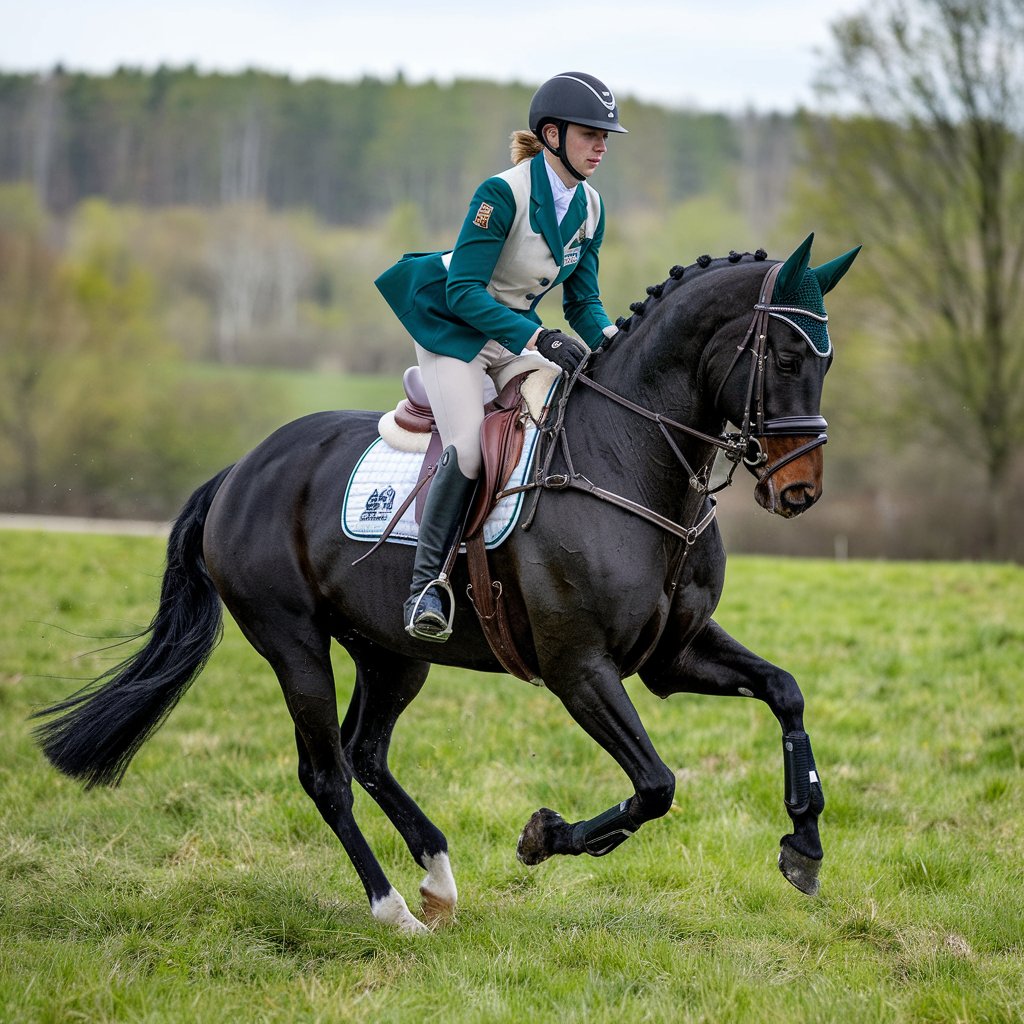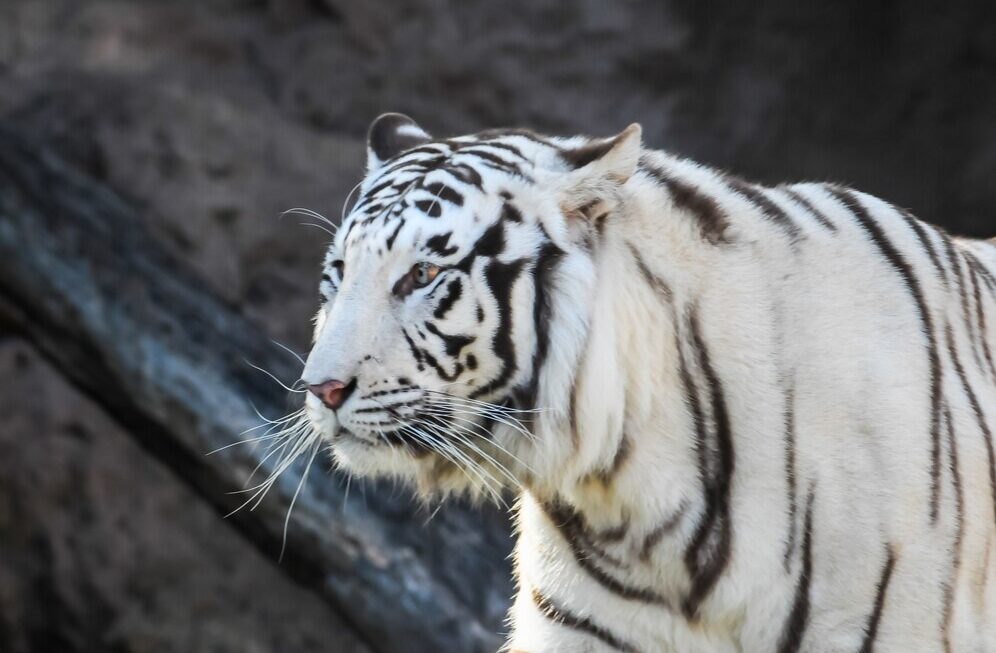Table of Contents
When we talk Facts About the Competition Horses Production, there are many interesting facts that many people don’t realize. These horses are specially bred and trained to perform at the highest levels in competitions like show jumping, dressage, and racing. The facts about the competition horses production process show just how much work goes into creating these incredible athletes.
The competition horses production process is more than just about breeding horses. It involves careful planning and a lot of effort from many people. The horses must be strong, fast, and have the right temperament for competitions. In this blog post, we’ll take a look at 10 important facts about the competition horses production that will help you understand how these amazing animals are created and prepared for success.
Understanding the Basics of Competition Horses Production
The production of competition horses is a careful and detailed process. It begins with selecting the right horses for breeding. Horses used in competitions like show jumping or dressage need to have certain qualities. They must be strong, agile, and able to perform under pressure.
Breeding is a major part of this process. Special attention is paid to the bloodlines of the horses. Horses that come from strong, successful families are more likely to succeed in competitions. Once the right horses are selected, they are trained carefully to ensure they perform at their best.
The Role of Breeding in Competition Horses Production

Breeding plays a huge role in producing competition horses. The horses’ parents must have good qualities to make sure the foal has the potential to succeed. These qualities include strength, speed, and good health. Breeders carefully select horses based on their ability to pass down these qualities.
The breeding process is more than just choosing two horses. It’s about finding the right mix of genes to create a strong and skilled horse. After the foal is born, it will start its early training, learning basic skills to build up strength and agility. Breeding is a key first step in creating horses that can succeed in tough competitions.
How Competition Horses are Trained for Success
Training competition horses requires patience and dedication. Horses are taught skills that help them perform in different types of competitions. Training begins when the horse is still young. They learn how to jump, move gracefully, and follow commands. It’s not just about physical strength; mental focus is also important.
During training, horses are given proper care and attention. Trainers work with them every day to improve their skills. It’s a long process, but it’s necessary for the horse to become a top-level competitor.
Top Breeds Used in Competition Horses Production

The competition horses production process often focuses on specific breeds. Some horse breeds are naturally more suited for competitions than others. For example, the Dutch Warmblood and the Hanoverian are known for their athletic abilities. These breeds are often selected for their strength, agility, and willingness to perform.
Other popular breeds used in competition horses production include the Thoroughbred and Holsteiner. Each breed brings its own advantages to the training and competition process. Breeders and trainers carefully choose these breeds to make sure they produce horses that are ready for competition.
The Importance of Health in Competition Horses Production
Health is crucial when it comes to competition horses production. A horse that isn’t healthy won’t perform well in competitions. During the production process, horses are checked regularly by vets to make sure they’re in good health. Proper nutrition, regular exercise, and check-ups are all part of keeping a horse fit for competition.
Maintaining a horse’s health includes keeping them free from injury. Training can be tough on the body, so it’s important to give horses time to rest. Healthy horses are more likely to succeed and perform at their best in high-pressure competitions.
What Makes a Competition Horse Stand Out in the Arena

Competition horses are known for their ability to stand out in the arena. It’s not just about being fast or strong; they must also have a special connection with their rider. This bond helps the horse perform its best, following the rider’s commands and making quick decisions.
A competition horse’s presence in the arena is also important. They must show confidence and focus. Horses with a calm yet determined attitude are often the most successful in competitions. The training, breeding, and care they receive all contribute to these qualities.
Conclusion
In conclusion, the production of competition horses is a long and detailed process. From carefully choosing the right breeding pairs to providing the horses with the proper training, every step plays a role in creating a successful competitor. It takes patience, dedication, and love for these amazing animals to prepare them for the challenges of high-level competitions.
As we look toward the future, the production process will continue to evolve. With advancements in technology and better health management, the future of competition horses looks promising.
FAQs
Q: What makes a competition horse special?
A: A competition horse is special because it is strong, fast, and agile. It also has great training and is mentally focused, making it perfect for competitions.
Q: How long does it take for a competition horse to be ready?
A: It takes about 3 to 5 years for a competition horse to be fully trained and ready for competitions.
Q: What breeds are best for competition horses?
A: Breeds like Dutch Warmblood, Hanoverian, and Thoroughbreds are often chosen for competition horses due to their strength and agility.
Q: How do breeders select horses for competition?
A: Breeders select competition horses based on the horse’s health, strength, and family bloodlines, ensuring they have the potential for success.
Q: What challenges do competition horses face?
A: Competition horses face challenges like staying healthy and injury-free during intense training and competitions. They also need to stay motivated and focused.



